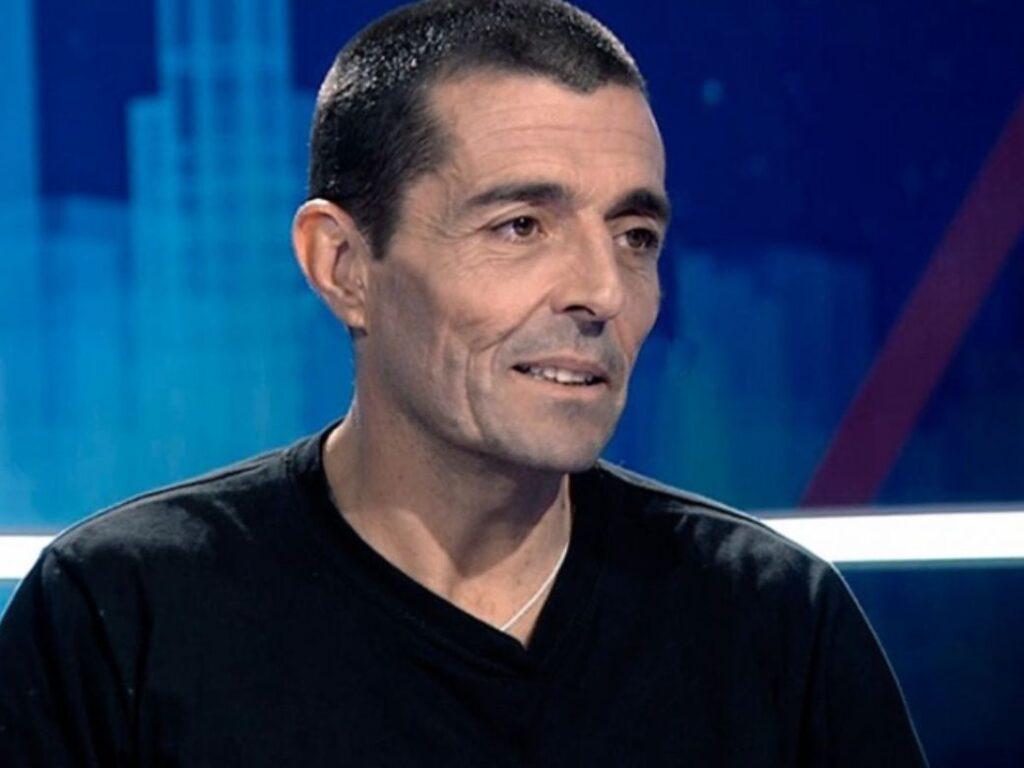Fiscal Federico Delgado Wikipedia, Esposa, Familia, Edad, Biografia
Fiscal Federico Delgado Wikipedia, Esposa, Familia, Edad, Biografia – Federico Delgado was a remarkable figure in Argentina’s legal and political landscape. His distinctive approach to his career, characterized by an aversion to the typical norms of the legal profession, set him apart. In a world where suits and ties were the norm, Delgado preferred black T-shirts and trousers. He opted for a bicycle as his mode of transportation, and his colleagues affectionately nicknamed him “Fede.” However, his unconventional choices were not just a matter of style; they were emblematic of his larger-than-life personality and his commitment to justice.

A Renegade Prosecutor with a Unique Legacy
Federico Delgado’s journey in the world of law began at the University of Buenos Aires (UBA) Law School in 1990, driven by his passion for social sciences. Little did he know that this decision would shape his future in profound ways. He graduated in 1993, but it was a classmate’s advice that led him to his first steps in the legal arena. His classmate suggested that the best way to grasp the complexities of the law was to immerse himself in it, and soon enough, Delgado found himself in a regular criminal court.
Despite his reputation as a maverick within the legal community, Delgado was entrusted with significant responsibilities, even holding the fort for renowned figures like German Molds during their vacations. His unorthodox approach to his role was exemplified by his refusal to use an official vehicle or wear the traditional attire of a prosecutor. Instead, he proudly wore an Atlanta bracelet, claimed to have been personally selected for his position, and referenced political thinkers in his writings.
Delgado was no stranger to high-profile cases. He found himself at the center of the 2001 crisis, working closely with Eduardo Freiler to investigate the mega-swap conducted by Domingo Cavallo and the senate bribes that led to the departure of Carlos “Chacho” Álvarez from the Alianza government. It was a challenging period that left its mark on him, both physically and emotionally. Delgado later filed a criminal complaint in response to the Argentine Federal Police’s attack on the Mothers at Plaza de Mayo during the turmoil of that fateful December.
Amidst the chaos of the crisis, Delgado embarked on a journey to gain a deeper understanding of the nation he served. He pursued further studies at UBA, immersing himself in the philosophy and methodologies of Jorge Lulo and the theories of Rubén Dri. His unique perspective on Trotskyist movements like the Partido Obrero (PO) and the New Movement for Socialism (MAS) was informed by his status as what he called “a peripheral” figure. He emphasized that he wasn’t a full-fledged militant but was deeply engaged with the issues.
One of Delgado’s close associates, Federal Judge Daniel Rafecas, paid tribute to him, acknowledging their shared battles and the significant cases they pursued together. Delgado played a pivotal role in the investigation of the First Army Corps, the largest mega-case for crimes against humanity, and supported other inquiries into sexual offenses, corporate involvement in crimes, and ideological support for the dictatorship of Jorge Rafael Videla. His dedication extended to cases involving the theft of newborns and the infiltration of spies into the Madres de Plaza de Mayo, ultimately aiding the ESMA mega-case.
The Plaza de Mayo Grandmothers, a group dedicated to seeking justice for the victims of the dictatorship, honored Delgado for his unwavering commitment to the cause of Memory, Truth, and Justice. They expressed their hope that his example would inspire future generations within the legal system to continue this important work.
In an interview, Delgado emphasized the educational value of trials against humanity, particularly for those who did not witness the horrors of the concentration camps. He believed that these trials had left cracks in the justice system, paving the way for a more democratic approach to justice. His vision extended beyond the normative elements of defining right and wrong; it aimed to reshape the very foundations of the judicial system.
The news of Federico Delgado’s departure from this world was met with sadness and tributes from various quarters. President Alberto Fernández acknowledged his integrity and described him as one of the prosecutors that the country needed. Delgado’s legacy is unique, marked by his unorthodox approach, unwavering commitment to justice, and his vision for a more democratic legal system.
Last Verdict
While there won’t be any official farewells for Federico Delgado, his memory lives on in the hearts of those who knew him. As we reflect on his life and career, we are reminded of the power of individuality and dedication to a higher cause, even in the face of adversity and unconventional choices. Federico Delgado’s legacy serves as a testament to the idea that the pursuit of justice knows no bounds and can take many forms, even those as unique as a black T-shirt and a bicycle in a world of suits and ties.
Who was Federico Delgado?
Federico Delgado was a prominent prosecutor in Argentina known for his unconventional approach to his career and commitment to justice. He was recognized for his unique style, including wearing black T-shirts and trousers and riding a bicycle to work.
What made Federico Delgado stand out in the legal profession?
Delgado stood out due to his refusal to conform to the traditional norms of the legal profession. He chose not to use an official vehicle, wore non-standard attire, and had a distinctive personality.
How did Federico Delgado enter the field of law?
Delgado began his legal journey by enrolling at the University of Buenos Aires (UBA) Law School in 1990, driven by his passion for social sciences. He graduated in 1993 and started working in a regular criminal court based on a classmate’s advice.
Read More Bio








